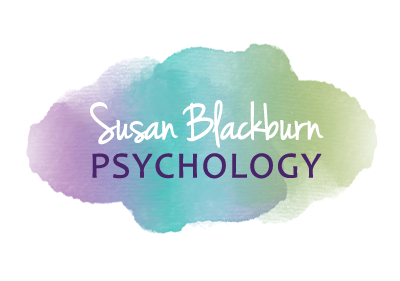Forgiveness, the deliberate choice to release your feelings of resentment and anger toward someone that wronged you, whether they deserve your forgiveness or not, is a valuable life skill.
Letting go of painful and difficult feelings is extremely challenging and it’s definitely easier said than done. Especially when someone that professes to love you treats you in some cruel and unthinkable way.
Rather than it being something you do for the person that hurt you because it’s the right thing to do, forgiveness isn’t about right or wrong. It’s the decision to make a choice that serves you by letting go; making it an act of self-love first and foremost.
Forgiveness doesn’t mean condoning thoughtless, selfish and insensitive behaviour. It does, however, require you to have compassion for yourself and others and the human-ness that we all share.
Although you might think that holding on to your anger serves to punish the person that hurt you, carrying bitterness toward someone else for past misgivings ends up hurting you far more than it does the other person.
Resentment and anger suck up your energy and zest for life faster than anything else. They create feelings up helplessness and erode your self-worth, compound your stress and impact your health.
The power of forgiveness then is in freeing yourself from the emotional shackles that chain you to a painful past experience, so that you are free to experience joy and peace of mind in the present. In terms of its power, it doesn’t stop there.
Research shows that forgiveness makes you happier, improves your health and strengthens your relationships.
Forgiveness is something that only you can do, even if the other person doesn’t apologize, show remorse or do anything to make up for their misdeed.
As a psychotherapist, I frequently see people get stuck in what I call partial forgiveness. Partial forgiveness can be summed up in the statement, “I forgive you, but I’m not going to forget”. This is a great first step, but not forgetting means that you aren’t ready to let go. Letting go however, so that you can choose to live in the present instead of the past, is the very essence of forgiveness.
We often fear letting go and forgetting because we worry that if we forget it might happen again!
This is where learning the lesson comes into play. When you take a look at the situation from a new perspective, one of compassion, non-judgment and acceptance, you have the opportunity to learn the lesson and gain the wisdom that eventually comes along after the pain.
You can then decide what you’ll do if you ever find yourself in a similar situation. This internal plan of action makes you feel empowered, which creates the emotional safety and security needed to let go and forget because you’ve grown from the experience and can view it from a place of strength.
So, how do you just forgive and let go when someone that you likely trusted hurt you in some awful way?
It helps to remember that those that cause harm to others are always acting from a position of emotional pain and insecurity. People that feel good make good choices and the reverse is also true.
Believe that you deserve to be happy, have peace of mind and feel strong, confident and courageous enough to take care of yourself and your loved ones.
Know that all humans make mistakes. This is how we learn.
Bring to mind the fact that it takes less energy to love and forgive than it does to hold on to resentment and anger.
Above all, be kind to yourself and be patient. Forgiveness is a process. It doesn’t happen overnight, but the emotional freedom, sense of empowerment and peace of mind it offers can make the time it takes worthwhile.
About Susan Blackburn:Susan Blackburn, M.A. is an Individual Psychotherapist, Couples Counsellor & Marriage Therapist, a Published Author and a guest Relationship Expert on radio and television.Susan is passionate about working with individuals and couples to improve the quality of their lives. Her collaborative psychotherapy and counselling approach offers clients effective tools and strategies to overcome relationship issues, low self-esteem, depression, stress, anxiety and other challenges so that they can attain increased confidence, work/life balance and greater happiness.She also provides psychological services covered by extended health benefits and workplace insurance requiring clients be seen by a Registered Psychologist through her clinical supervision with Dr. Richard Wood, C. Psych.Susan’s private practice is located in midtown Toronto at Yonge and Eglinton.







